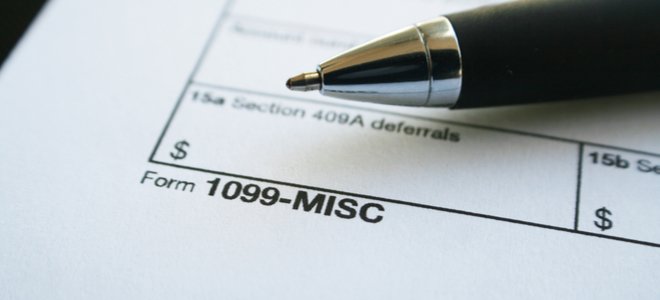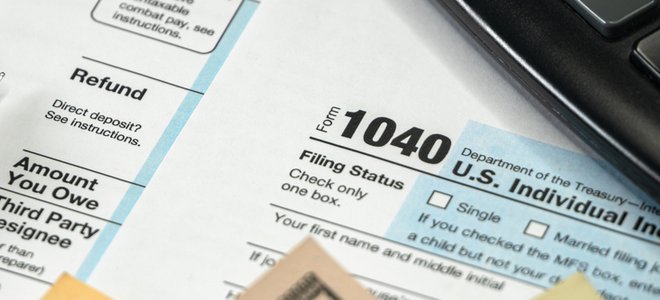 10 hours • Intermediate
10 hours • Intermediate
As an independent contract worker, you wear many hats, and you juggle myriad tasks. It’s not easy, but it is impressive. Less impressive are the feelings of dread that come every year when you know it’s time to file your taxes. We’re here to help.
Step 1 – Cry
No, really. It’s okay to get a little frustrated. Feel your feelings, then get down to work.
Real Step 1 – Find Out What Forms You Need
It’s important to know that as a freelance employee, the government wants more of your money than you may want to give. Because you are being paid on a 1099, your employer is not paying any taxes on your behalf. Normally, as a W2 worker, your company pays part of your taxes, but as a 1099 employee, you are the only party paying taxes, which unfortunately often means that you’re taxed at a higher rate. As of 2020, freelance workers had to pay an additional fifteen percent in taxes, compared to what their W2 counterparts had to pay.
Professional support note: It feels worth mentioning that this is why you should be charging a lot more for your 1099 contract work.
You need to report any income over six hundred dollars on your taxes, and you need to set aside money throughout the year from anything you earn. Knowing that you’re likely going to owe money to the government at the end of the year (instead of getting a tax return), it’s smart to budget a little and put some money aside in savings. The amount you put away is up to you, but we recommend at least fifteen percent of every paycheck.
You don’t want to get hit with a several thousand dollar bill from the IRS and have nothing to pay them with.

Step 2 – Stay on Track
As a freelance worker, you have the option to write business-related expenses off. If you purchase a desk for a home office or buy a new laptop, those expenses are tax-deductible. Even your internet and phone bill are partially deductible. There are many deductibles available to freelance workers, so make sure to check them out or work with an accountant who is well-versed in contract work taxes.
It’s really, really important that you keep track of those expenses as they come, though. If you are writing off miles or part of your rent, you will need the receipts to back it up. You will actually need the receipts/proof to back up anything you plan on writing off.
We like to keep track of everything on a spreadsheet and send a general overview to our accountant that way—and then have the proof to back it up in a separate folder in case of an audit.

Step 3 – Get Help to Start
If you’re paying freelance taxes for the first time, you’ll probably need at least a little help to get started. Working with an accountant isn’t going to be in everyone’s budget, but there are cheaper ways to get help. Using a program like QuickBooks can help you keep track of all of your expenses and deductibles throughout the year and then help you come tax season again.
Some local colleges offer free tax help from graduating accounting students. This is a great way to talk with an expert who is up to date on all the new laws and changes, for free. Even if you just have them point you in the right direction with your taxes or look over the work you’ve already done, you’ll be better off.
You may not need the help forever, but it’s great to get the help at the beginning when you’re just getting used to being a contract worker.
The last piece of advice is to be prepared. Freelance taxes aren’t always straightforward, and sometimes the IRS comes back with additional questions. It is possible to get a tax return as a 1099 employee, but you may be asked to send in additional documents and wait longer for your return.
Share this article
Source link : https://www.doityourself.com/stry/how-to-file-taxes-as-an-independent-contractor












